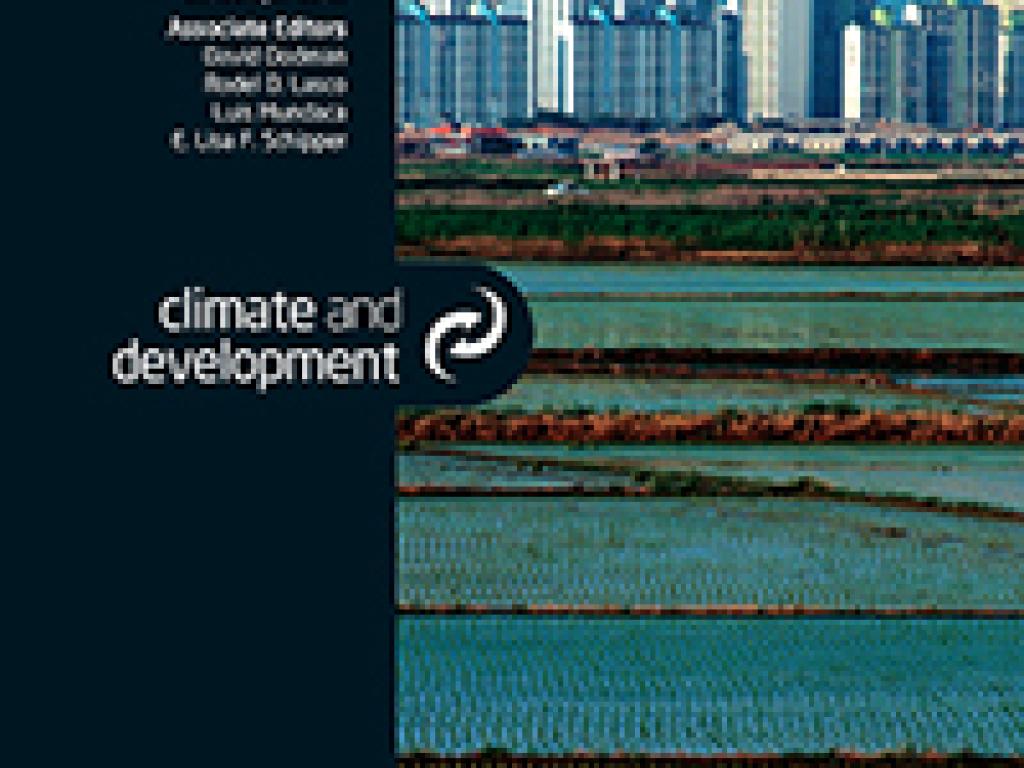Assessing local-level forest use and management capacity as a climate-change adaptation strategy in Vhembe district of South Africa

Ofoegbu, C., Chirwa, P. W., Francis, J., Babalola, F. D. • 2018
Community-based forest management is a key climate change adaptation initiative in South Africa. It is aimed at enhancing the sustainability of rural household livelihoods and livelihood resilience against climate variability and change. However, lack of capacity at local household level could negate the intended benefits of community-based participatory forest management initiatives. This paper examines the local-level forest use and management capacity of rural households in Vhembe district of South Africa with respect to their adaptation strategy to climate change using the concept of livelihood resilience. A stratified proportionate random sampling technique was used to select 366 households from the study area, which were then sampled through a household questionnaire survey. The results showed that households? capacity to participate in, and community leadership ability to mobilize people for participatory forest management was low. Nevertheless, the results revealed a widespread aspiration in the study communities to take part in forest management and development initiatives. This calls for the need for significant technical support for households and community leaders towards promoting participatory forest management as a way of ensuring efficiency and effectiveness of forest-based adaptation interventions.